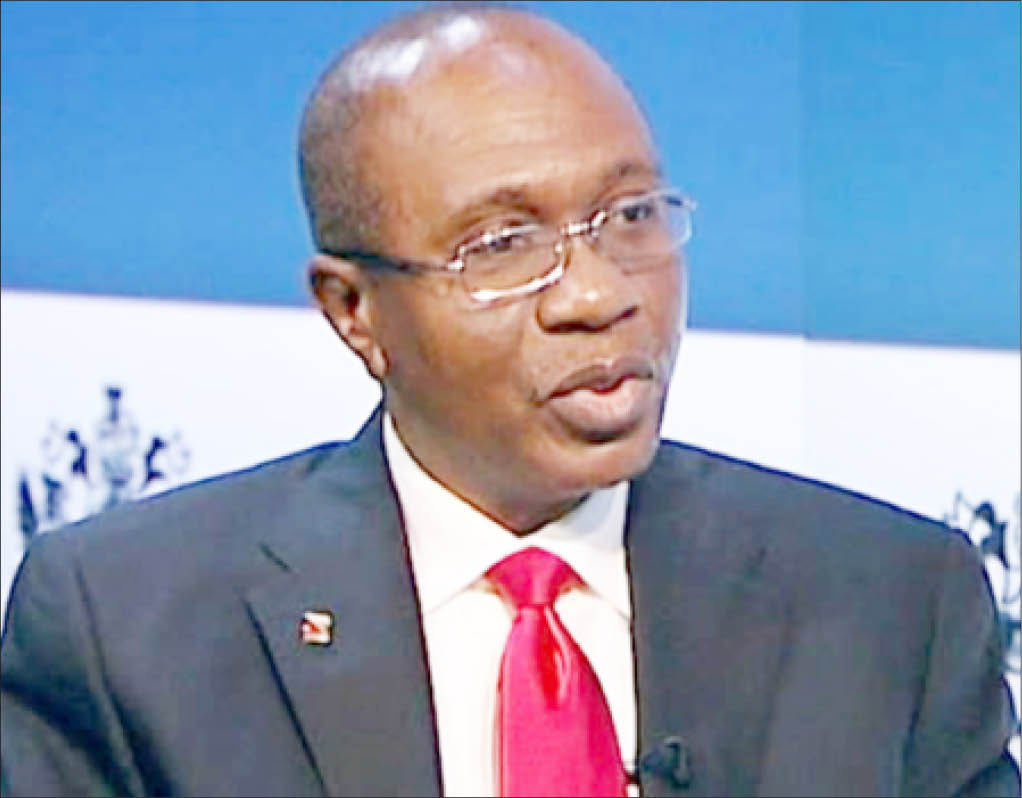The Director, Monetary Policy Department at the Central Bank of Nigeria (CBN), Dr Mahmud Hassan has said the global economic turmoil has affected the fiscal balance of member countries of the West African Institute of Financial and Economic Management (WAIFEM).
He made this disclosure yesterday while delivering a keynote address to the participants at the WAIFEM regional course on Medium-Term Budgetary Frameworks (MTBFs) and Monitoring in Abuja.
Mahmud said the last two years of the turmoil had impacted every policy area, including policy. According to him: “Our WAIFEM member countries have experienced a significant worsening in their fiscal balance and dramatic growth in their public debt, which have put them at risk of debt distress.”
Represented by a Deputy Director in the department, Mr. Yusuf Bulus, he lamented that desired growth required by member nations was not on the horizon.
He said: “ For most of our member nations, the prospect of growth that would contribute to a substantial reduction in the debt – to- GDP ratio and regaining fiscal equilibrium is not immediately on the horizon.”
He told course participants that, budget deficits and public debt can have direct and negative consequences on fiscal sustainability, referring to them (budget deficits and public debt) as essential factors to consider when assessing macroeconomic policies’ credibility.
The WAIFEM Director General, Dr. Baba Yusuf Musa said the course was organized against the backdrop of the immense macroeconomic and fiscal challenges facing member countries.
Represented by a Director, Aliyu Yakubu, he said, “Economic shocks arising from the COVID-19 pandemic, ongoing regional conflicts, and the resurgence of domestic health and security issues have complicated fiscal management by disrupting fiscal prioritisation, widening budget deficits, and sharply increasing the public debt of our countries.”
He said these difficulties do not appear to be going away anytime soon. While there is enormous pressure to increase discretionary and non-discretionary expenditures continuously, revenue growth is not keeping pace with even the anticipated moderate growth rates.

 Join Daily Trust WhatsApp Community For Quick Access To News and Happenings Around You.
Join Daily Trust WhatsApp Community For Quick Access To News and Happenings Around You.


